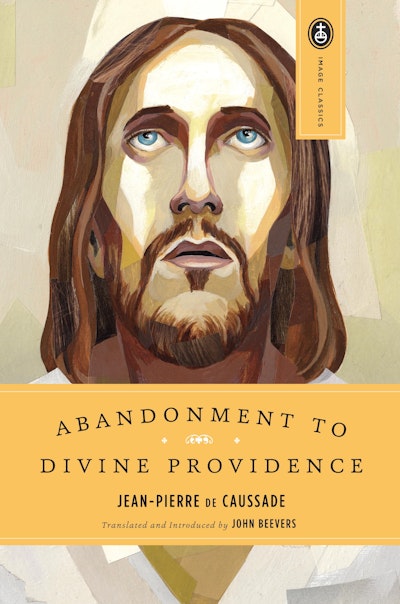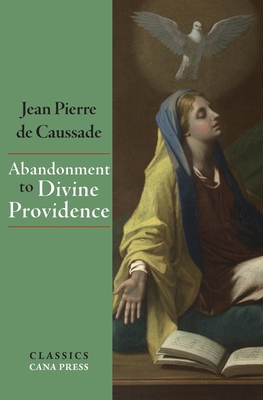

The question, “Who are we as human beings?”, is most sharply posed by gender ideology and the transgender insurgency. The third could well be, as demonstrated by the German apostasy that is threatening to fracture the unity of the Catholic Church, and by the abandonment of Catholicism’s biblically-grounded understanding of the human person by prominent bishops, theologians and activists. The previous two crises were Church-dividing. So: first, a “theological” crisis, in the literal meaning of theology: “speaking about God.” Then an ecclesiological crisis. What is it, in other words, to be human?” That, Rex rightly contends, is what’s at issue in “an entire alphabet of beliefs and practices: abortion, bisexuality, contraception, divorce, euthanasia, family, gender, homosexuality, infertility treatment….” And so forth and so on, across the cratered battlefields of a culture war that, beginning outside the Church, is now being fought within the household of faith. That, Professor Rex argued, involves “…a question that once would have been expressed as ‘What is man?’ The fact that this wording is itself seen as problematic is a symptom of the very condition it seeks to diagnose. The second crisis, which led to the fracture of western Christendom in the various 16th century Protestant Reformations, revolved around the question, “What is the Church?” The Council of Trent gave the orthodox response to that question, in answers refined over time by Pope Pius XII’s teaching on the Church as the “Mystical Body of Christ,” by the Second Vatican Council’s Dogmatic Constitution on the Church, and by the 1985 Extraordinary Synod of Bishops, which synthesized Vatican II’s teaching by describing the Church as a communion of disciples in mission.Īnd the third crisis, through which we’re living?

Thus Nicaea I and Chalcedon established the trinitarian and incarnational foundations of Christian orthodoxy for all time. Nicaea I affirmed that Jesus is truly God, the second Person of the Trinity Chalcedon affirmed that, through the incarnation of the second Person of the Trinity, divinity and humanity are united in the one person of Jesus Christ. The first crisis was the fierce, Church-dividing debate over “What is God?” That question was definitively answered by the First Council of Nicaea I (325 A.D.) and the Council of Chalcedon (451).

Cambridge historian Richard Rex has provocatively proposed that Catholicism today is embroiled in the third great crisis of its bimillennial history.


 0 kommentar(er)
0 kommentar(er)
